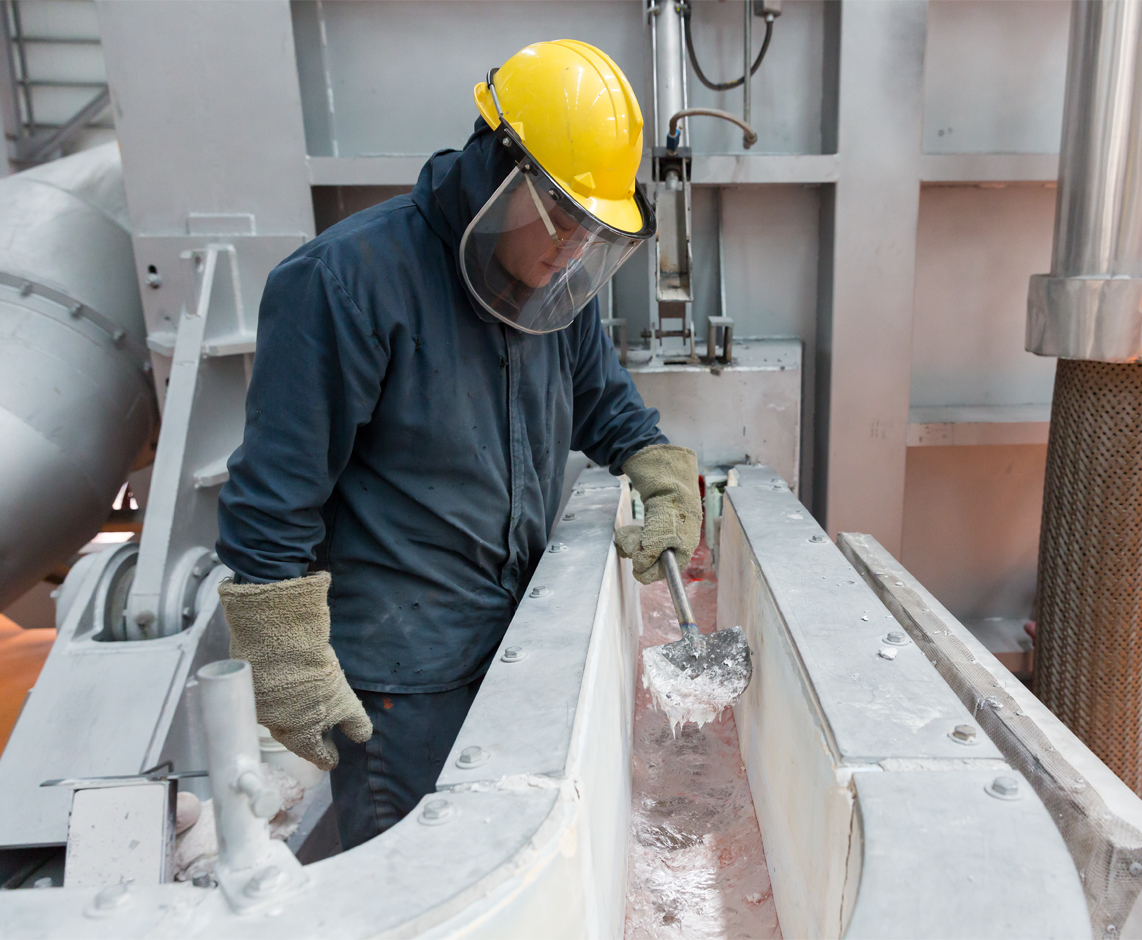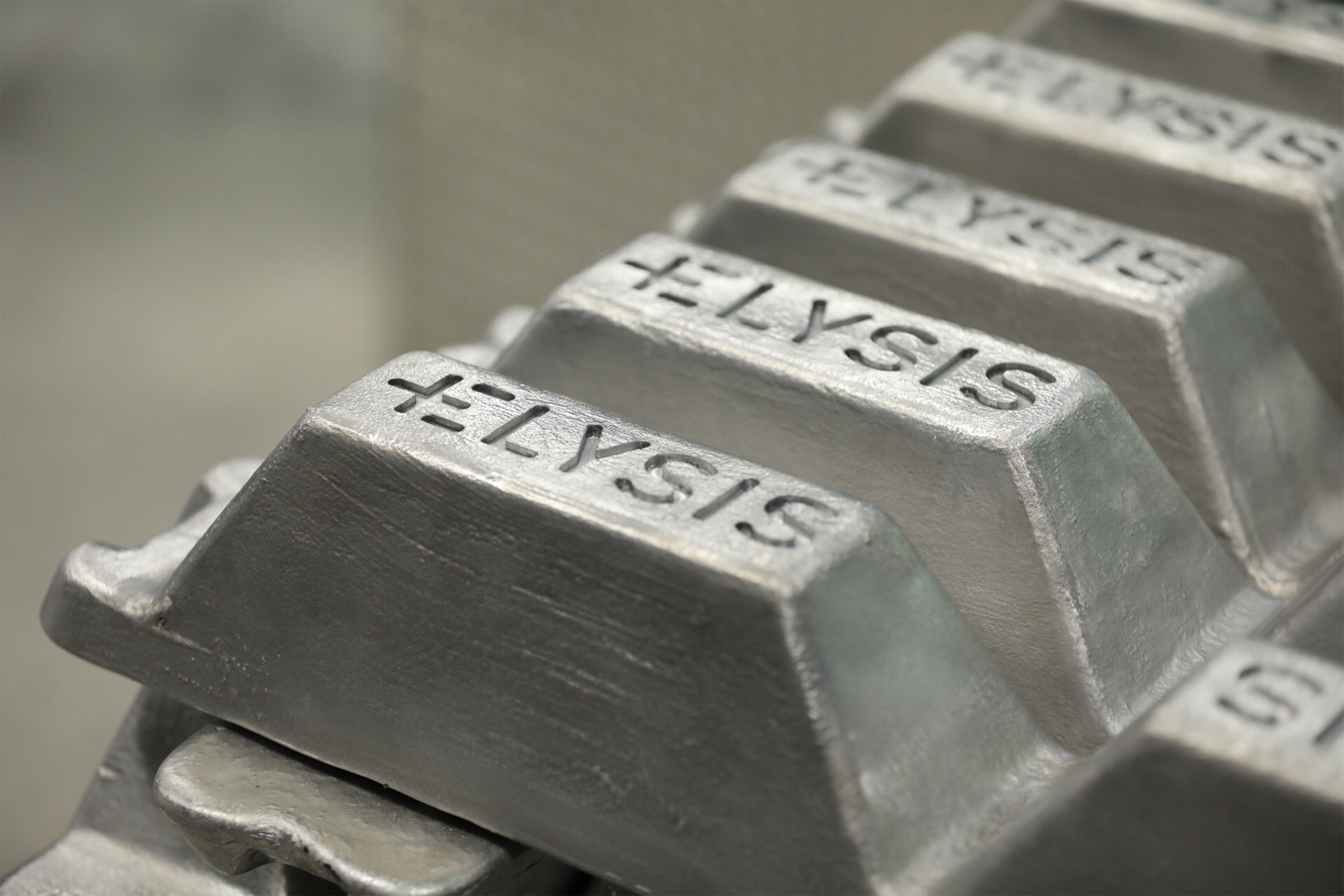
Apple, Alcoa Corporation and Rio Tinto Aluminum have formed a joint venture to develop a breakthrough aluminum smelting method without greenhouse gas emission. The iPhone maker will invest $10 million in the project.
“Aluminum is a key material in many of Apple’s most popular products and for more than 130 years it’s been produced the same way,” says the iPhone maker. “But that’s about to change.”
Traditional smelting process is a key step in aluminum production.
Thanks to Alcoa’s and Rio’s patent-pending technology, carbon-free aluminum smelting is within reach and about to become a reality. Apple calls the development a “revolutionary advancement in the manufacturing of one of the world’s most widely used metals.”
Tim Cook was quoted in the media release as saying:
Apple is committed to advancing technologies that are good for the planet and help protect it for generations to come. We are proud to be part of this ambitious new project, and look forward to one day being able to use aluminum produced without direct greenhouse gas emissions in the manufacturing of our products.
Alcoa says Apple will invest $10 million in US dollars, or $13 million Canadian dollars.
Aluminum producers have spent decades researching this new manufacturing technique.
Apple’s involvement started in 2015 when its engineers Brian Lynch, Jim Yurko and Katie Sassaman visited Alcoa, which created a smelting process that releases oxygen rather than greenhouse gasses (the trick is in replacing carbon with an advanced conductive material).
Compare that to the traditional smelling process:
Aluminum has been mass produced the same way since 1886, when it was pioneered by Alcoa’s founder, Charles Hall. The process involves applying a strong electrical current to alumina, which removes oxygen. Both Hall’s original experiments and today’s largest smelters use a carbon material that burns during the process, producing greenhouse gases.
After smelling huge potential, Apple brought Rio Tinto to the table. The three firms formed a joint venture, dubbed Elysis, to perfect this manufacturing method further for volume production and commercialization beginning in 2024.
The project will invest more than $30 million in the United States.

The Cupertino giant has played a crucial role in bringing these two aluminum producers together and helping accelerate the development of the new smelting process. Alcoa and Rio, along with Apple and the Governments of Canada and Quebec, will collectively invest a combined $144 million into future research and development.
As part of Apple’s commitment to reducing the environmental impact of its products, it recently said that all of its facilities are now powered with 100% clean energy. 23 of its suppliers have committed to do the same. Last month, the company debuted Daisy, a new iPhone-recycling robot and a successor to Liam, Apple’s first dismantling robot unveiled in 2016.